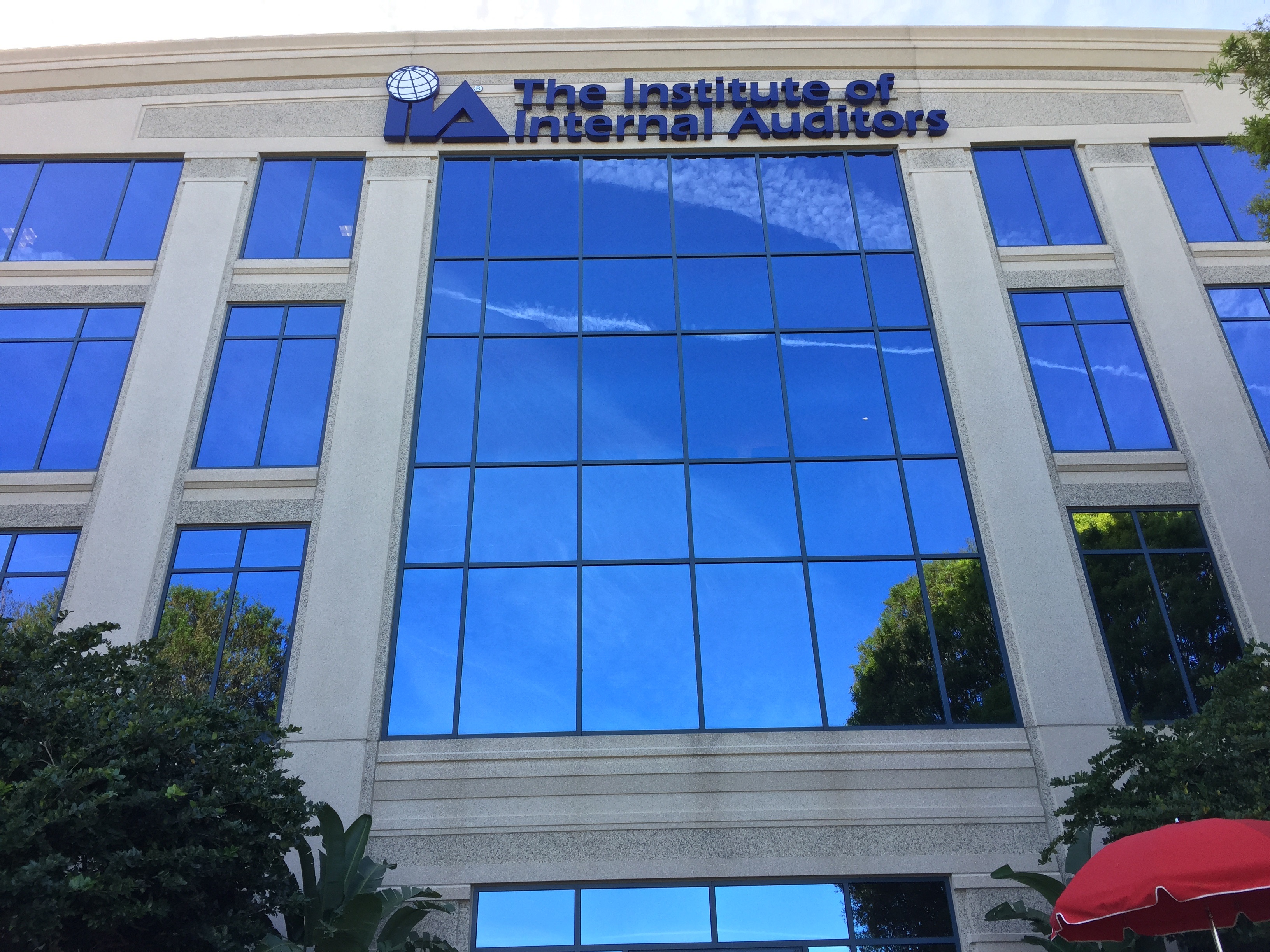The Institute of Internal Auditors has introduced a new framework for the professional development of internal auditors.
The IIA’s Internal Audit Competency Framework offers career advancement advice and support for audit practitioners at all levels, from those just starting to develop their professional acumen, to more experienced internal auditors who want to further improve their performance, to existing and aspiring leaders who wish to show their ability to enhance their organization’s overall performance.
“Expectations by stakeholders are growing exponentially, presenting challenges but also opportunities for internal auditors to evolve and enhance their value to organizational success,” said IIA president and CEO Richard F. Chambers in a statement last week. “A Competency Framework, uniquely developed by the IIA and geared toward advancing the profession and the individual, with tools that assess professional strengths and development needs, not only strengthens our footing in the International Professional Practices Framework (IPPF) and the Standards, but positions internal auditors for what lies ahead.”
The framework includes three levels of competency: general awareness, applied knowledge and expert. Users can assess where they stand in different areas of knowledge, and then identify the standards, guidance, training, educational resources, content and more based on four distinct tracks, or disciplines:
- Professionalism: These competencies are required to demonstrate authority, credibility and ethical conduct for effective internal audit.
- Performance: From knowledge in organizational governance and risk management to internal control, fieldwork and outcomes, these competencies help with planning and performing internal audit engagements in conformance with the IIA’s standards.
- Environment: A prerequisite to identifying and addressing risks specific to particular industries and the environment in which an organization operates is an understanding of organizational strategic planning, business practices, sustainability and social responsibility, IT and finance.
- Leadership and communications; Leading an internal audit activity or engagement requires an ability to understand and define its strategic direction, communicate effectively, and build and maintain productive relationships with internal and external stakeholders, as well as manage and direct personnel and processes in an appropriate way.
To support the new initiative and ensure that tools and other resources are available and relevant to the framework and its 22 knowledge areas, the IIA’s Internal Audit Foundation launched a global survey Monday to assess the competency levels of internal audit practitioners. This research, in partnership with Deloitte, will involve affiliates and chapters across the globe to ensure breadth and diversity in the information gathered.
The goals of the survey are to evaluate the current state of internal audit competencies in the field, how those competencies apply to expectations in the workplace and individual performance, the availability of resources and training supporting practitioner advancement, and where gaps must be filled to overcome obstacles to furthering the value of the profession.
The survey can be accessed here. For more information about the Internal Audit Competency Framework, visit the IIA’s website.